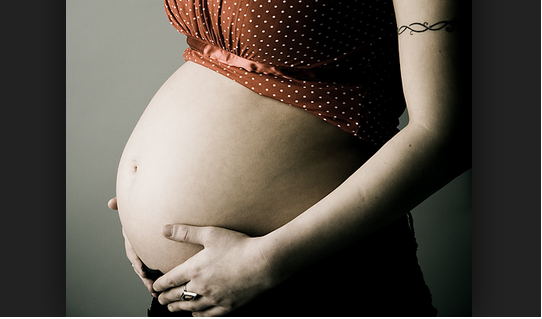An Arizona county attorney confirmed that state pro-life laws do not punish women Tuesday after a judge allowed a pre-Roe v. Wade abortion ban to go into effect.
Newsweek reports Maricopa County attorney Rachel Mitchell said she will not prosecute women who have abortions because state laws do not allow it.
“I know this is a highly emotionally charged subject, and I want the community to know that I will not prosecute women for having abortions and no statute even suggests a woman will ever be prosecuted for her decision,” Mitchell said in a video statement on Facebook.
The 1864 law prohibits the killing of unborn babies in abortions except if the mother’s life is at risk. Abortionists who provide, supply or administer abortions, abortion drugs or abortion devices to women for the purpose of killing an unborn baby can face two to five years in prison.
The law has the potential to save as many as 36 babies from abortion every day. For nearly 50 years, Arizona was not allowed to enforce the law, but the overturning of Roe in June changed that.
LifeNews is on TruthSocial. Please follow us here.
On Friday, a judge lifted an injunction blocking the law, and abortion facilities all across the state were forced to cancel abortion appointments this week. However, Planned Parenthood is appealing the ruling.
Mitchell, an attorney for Maricopa County, which includes Phoenix, said the judge’s ruling is not clear about the prosecution of abortionists, AZ Central reports.
“If further guidance has not been provided by the courts or the legislature by that time, my office will seek guidance from the court before taking any action,” she said. “This will be needed before a decision can be made on the case.”
The attorney also warned people against making assumptions about the matter, saying, “False statements about the law or about my position in order to sew fear for political gain are simply irresponsible.”
Here’s more from AZ Central:
The first territorial Legislature in Arizona codified a ban on providing abortions when it adopted its first package of laws in 1864. The wording of the law, which mandates a two- to five-year prison sentence for anyone helping a woman get an abortion, remains on the books as ARS 13-3603.
A companion law from the territorial days that called for a minimum one-year sentence for a woman seeking an abortion was repealed … last year as part of the 2021 law giving rights to fetuses.
Pro-life laws like the one in Arizona were written to protect unborn babies’ lives. The pro-life movement has been very clear that it opposes punishing pregnant mothers because they often are second victims of the abortion industry and sometimes abusive partners or parents.
In May, leaders of 70 prominent pro-life organizations issued a public letter reiterating this position and explaining why the movement only supports punishments for abortionists, not mothers.
Currently, 15 states protect unborn babies by banning or strictly limiting abortions, and eight more are fighting in court to do so. None of these states’ laws punish women.
Meanwhile, pro-life leaders in Arizona and other states are ramping up efforts to provide support to mothers and babies. The state is home to more than 40 pregnancy resource centers that provide free counseling, pregnancy tests, diapers, formula, cribs and other material support to help families in need.
Ashley Trussell of the Arizona Life Coalition said they also are developing and expanding a statewide network of ministries that provide material, emotional and spiritual support to pregnant women in difficult circumstances.
“We are doing everything we can to help women in need, to save unborn children and protect women from the trauma of abortion,” Trussell said last week in response to the ruling.
The coalition runs CarePortal for Life, a statewide network of churches and local partners that provide support to women and families and help fill gaps in community services.








